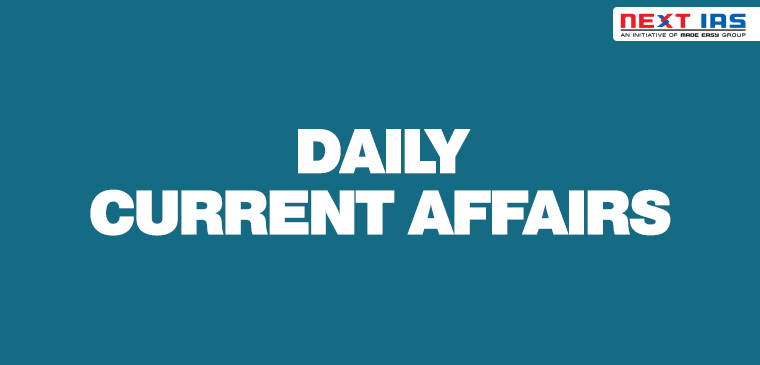
In News
The Cabinet Committee on Economic Affairs (CCEA) has given its approval for the continuation of the revised Samagra Shiksha Scheme for a period of five years.
- It has been extended from 2021-22 to 2025-26.
About Samagra Shiksha Scheme
- It is an integrated scheme for school education covering complete pre-primary to senior secondary (up to class 12th).
- It is a Centrally Sponsored Scheme.
- Aims:
- to universalize access to school education;
- to promote equity through the inclusion of disadvantaged groups and weaker sections, and
- to improve the quality of education across all levels of school education.
- Objectives: To implement SDG 4, Right to Education and New Education Policy in an inclusive way by emphasising pre-primary school and vocational education.
- It will also help fulfil the goals of AtmaNirbhar Bharat.
|
Samagra Shiksha: Background and Past Performance
|
Major interventions across all levels of school education
- Universal Access including Infrastructure Development and Retention:
- The existing infrastructure of schools and ITIs and Polytechnics will be made available for both school-going children and for out of school children.
- Strengthening of the infrastructure of schools from pre-primary to senior secondary, (earlier pre-primary was excluded).
- Foundational Literacy and Numeracy:
- NIPUN Bharat: National Initiative for Proficiency in Reading with Understanding and Numeracy
- Aim: To ensure that every child achieves the desired learning competencies in reading, writing and numeracy at the end of grade III and not later than grade V.
- NIPUN Bharat: National Initiative for Proficiency in Reading with Understanding and Numeracy
- Gender and Equity:
- Incinerator and sanitary pad vending machines in all girls’ hostels.
- Training for inculcating self-defence skills under ‘Rani Laxmibai Atma Raksha Prashikshan’
- Inclusive Education:
- For out of school SC, ST and disabled children between the age of 16 to 19 years, support will be provided to complete their secondary/senior secondary levels.
- Quality and Innovation:
- Holistic Progress Card (HPC):
- It will be a holistic, 360-degree, multi-dimensional report showing the progress/ uniqueness of each learner in the cognitive, affective, and psychomotor domains.
- Support for PARAKH, a national assessment centre.
- PARAKH stands for Performance, Assessments, Review and Analysis of Knowledge for Holistic Development.
- Holistic Progress Card (HPC):
- Digital initiatives:
- All child-centric interventions will be provided directly to the students through DBT mode.
- Support for National Early Childhood Care And Education (ECCE):
- Training of Master Trainers for the training of Anganwadi workers
- In-service teacher training for ECCE teachers.
- Vocational Education:
- Provision for, internships with local artisans, curriculum and pedagogical reforms etc have been included.
- Sports and Physical Education:
- Additional Sports grant to schools in case at least 2 students of that school win a medal in Khelo India school games at the National level.
- Strengthening of Teacher Education and Training:
- Specific training modules under NISHTHA by NCERT to train Secondary teachers and Primary teachers
- Monitoring:
- It will be done by an Assessment Cell set at the State Council of Educational Research and Training (SCERT.)
- Support for Social Audit covering 20% of schools per year so that all schools are covered in a period of Five years.
- Programme Management:
- At the central level, the following will manage the programme.
- Governing Council/Body headed by the Minister of Education
- Project Approval Board (PAB) headed by Secretary, Department of School Education and Literacy
- At the state Level, a single State Implementation Society (SIS) will be set up.
- At the central level, the following will manage the programme.
- National Component:
- Convergence of different ministries. eg. The Skill Ministry will impart vocational training.
|
About Cabinet Committee on Economic Affairs (CCEA)
|
Source: PIB
Previous article
Railway Link Between India and Bangladesh Restored
Next article
Facts in News


